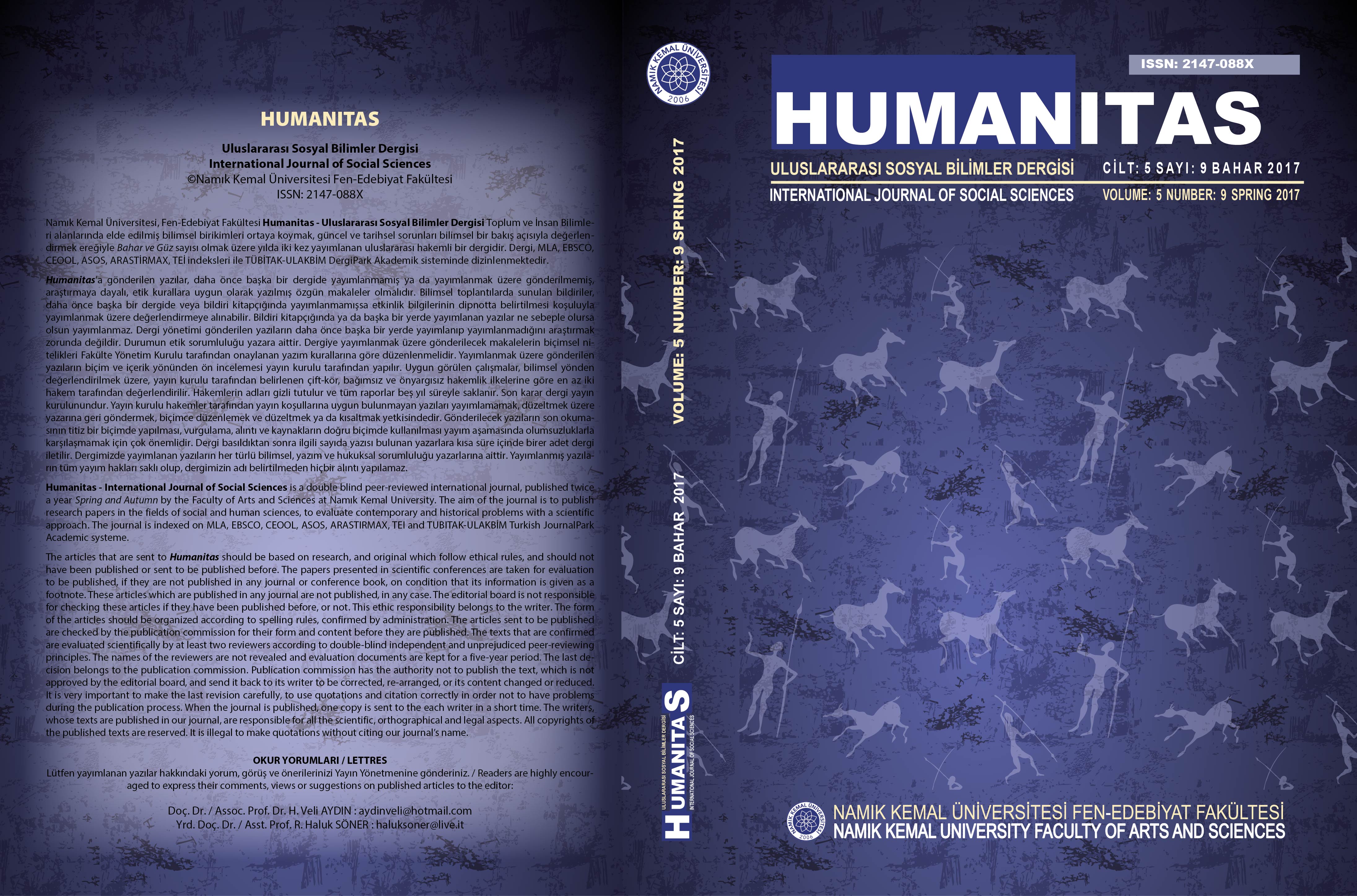STRUCTURALIST PARADIGM AND MUSIC
STRUCTURALIST PARADIGM AND MUSIC
Author(s): Gönenç HongurSubject(s): Music, Structuralism and Post-Structuralism
Published by: Namık Kemal Üniversitesi Fen-Edebiyat Fakültesi
Keywords: Structuralism; Music Analysis; Musicology; Ethnomusicology;
Summary/Abstract: : Structuralist thought has had an immense influence on scholars from various disciplines including music studies since the early years of the twentieth century. The influence of Saussure’s revolutionary ideas incorporating synchronic approaches into the study of language was extremely powerful. Anthropological studies share almost the same background with linguistics in terms of focusing on more scientific basis. Developments beginning from the early nineteenth century mark anthropology’s attempts to distinguish itself as a scientific field. Music, in a similar fashion, had always been close to language since both considered a communication system and had endeavoured to differentiate its studies from those of other sciences for a long time, seemed more than ready for its own revolution. Ethnomusicology, the study of social and cultural aspects of music, has also had a strong relationships with anthropology on which structuralism has made its strongest impact. This article traces structuralist principles and theories shaped by linguistics and anthropology that their methodologies and approaches have provided a great support for the underpinning of musical structuralism, employed particularly in music analysis, musicology, and ethnomusicology. Regardless of criticisms structuralist approaches receive, any musical work and its analysis either its cultural or musical context would be considered incomplete without the consideration structural methods.
Journal: Humanitas - Uluslararası Sosyal Bilimler Dergisi
- Issue Year: 5/2017
- Issue No: 09
- Page Range: 155-171
- Page Count: 17
- Language: Turkish

